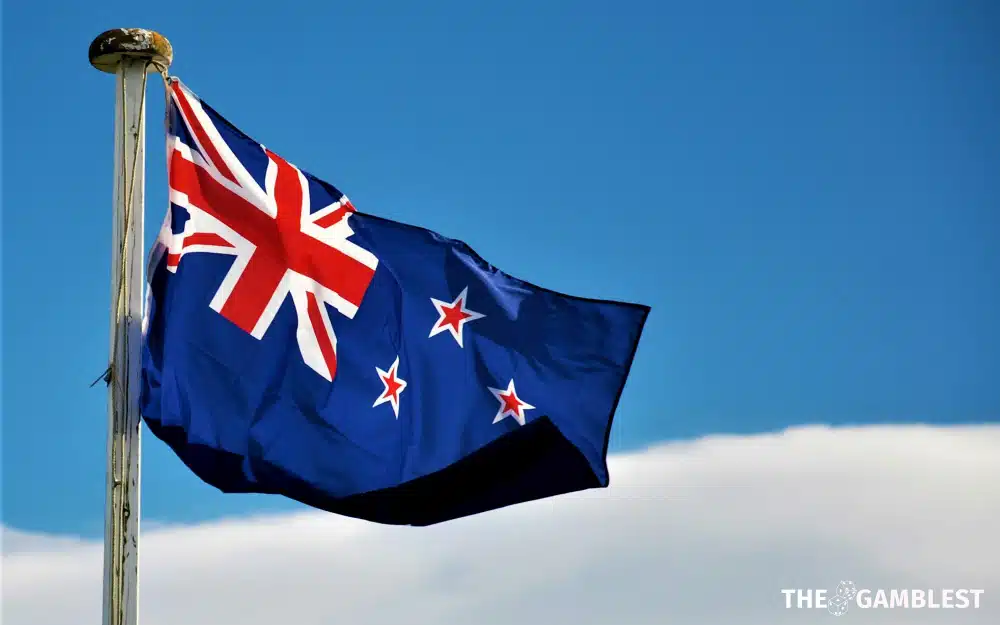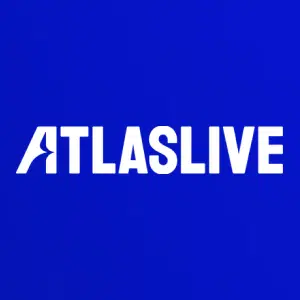Growing cross-party pressure on the Albanese government has intensified calls for stricter action on gambling advertising in Australia.
According to ABC News, MP Mike Freelander has stated that a nationwide ban would likely pass parliament if members were allowed a conscience vote. Freelander, who co-chairs the Parliamentary Friends of Gambling Harm Minimisation group, said that MPs across Labor, Liberal, and the crossbench increasingly acknowledge that gambling advertising is contributing to serious public health issues.
A pediatrician by profession, Freelander highlighted that his clinical experience has shown how gambling harm impacts families, arguing that advertising targets those most vulnerable to risky behaviour. He likened today’s environment to the era of tobacco advertising in the 1960s and 1970s, saying that the link between promotion and harm is now unequivocal.
Fellow co-chairs Liberal MP Simon Kennedy and independent MP Kate Chaney share the view that parliament is ready for decisive action. Kennedy described a “unity ticket” to address gambling harm and criticised the government’s slow response to the recommendations made in the 2023 inquiry into online gambling. He said his motivation comes from meeting families affected by gambling-related suicides, emphasising that such tragedies are preventable.
Chaney reinforced that there is widespread appetite for meaningful reform across political lines, adding that involvement in the parliamentary group is one of the few ways Labor MPs can convey their communities’ expectations.
This is not the first coordinated push for a national ban on gambling ads. A similar campaign by former lawmakers took place last year but failed to gain sufficient momentum.
However, 2026 may present a turning point.
Advocacy efforts are increasing. The parliamentary group plans to host reform organisations in Canberra, where they will present research supporting the creation of a national gambling regulator. The Alliance for Gambling Reform argues that the current system allows foreign-owned bookmakers to operate out of the Northern Territory under a single licence, benefiting from low taxes and limited oversight while serving customers nationwide.
The alliance’s data suggests that around 1% of online bettors account for more than 40% of all losses—an imbalance that disproportionately impacts men aged 25 to 44, many of whom face financial strain or mental-health vulnerabilities.
Momentum is also building within Labor. The newly formed Labor for Gambling Reform group, led by senior party members and Unions NSW secretary Mark Morey, aims to recruit nationally in 2026 and push for gambling reform to be embedded in the party’s official platform ahead of the next national conference. Morey said he frequently hears distressing stories of gambling harm, especially in working-class communities, and believes internal party pressure can help overcome political reluctance.
The gambling industry’s peak body, Responsible Wagering Australia, maintains that offshore operators pose the real danger and argues that additional regulation would not enhance consumer protection. Meanwhile, the government says it has already implemented the most substantial harm-reduction measures in a decade, including banning credit-card wagering, launching the BetStop self-exclusion register, and introducing mandatory monthly activity statements.
The debate is unfolding amid a notable shift in the government’s stance on a complete advertising ban. Although senior ministers have appeared uncertain about fully adopting the 2023 inquiry’s recommended phase-out, Prime Minister Anthony Albanese recently signalled a potential openness to stronger restrictions as political and public pressure continues to intensify.


















